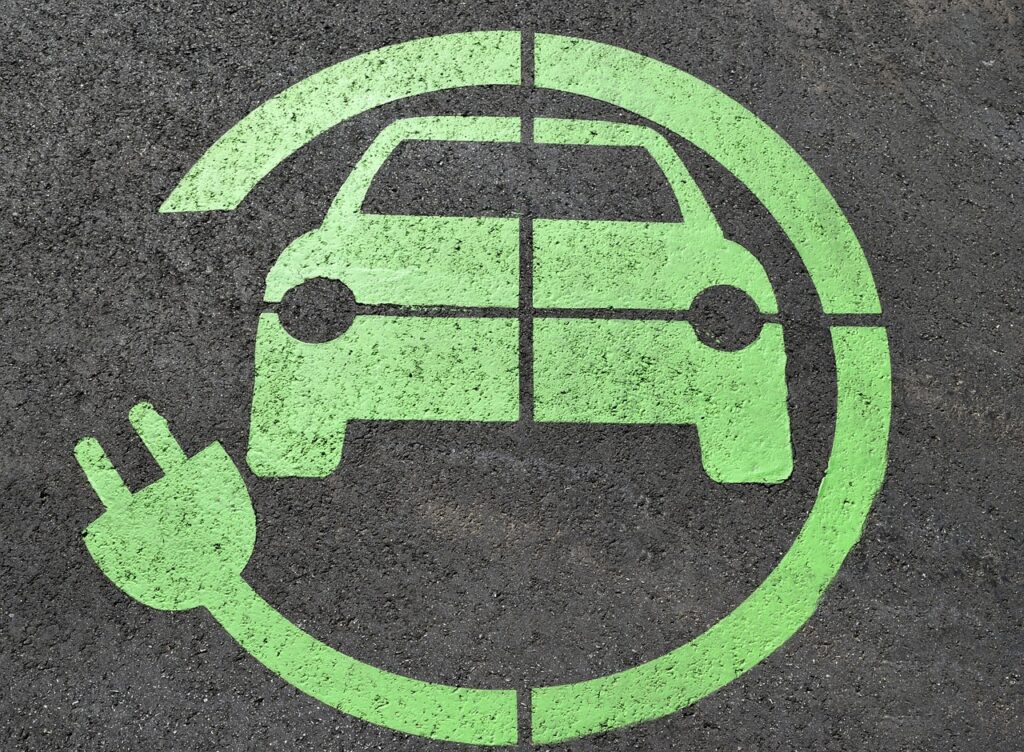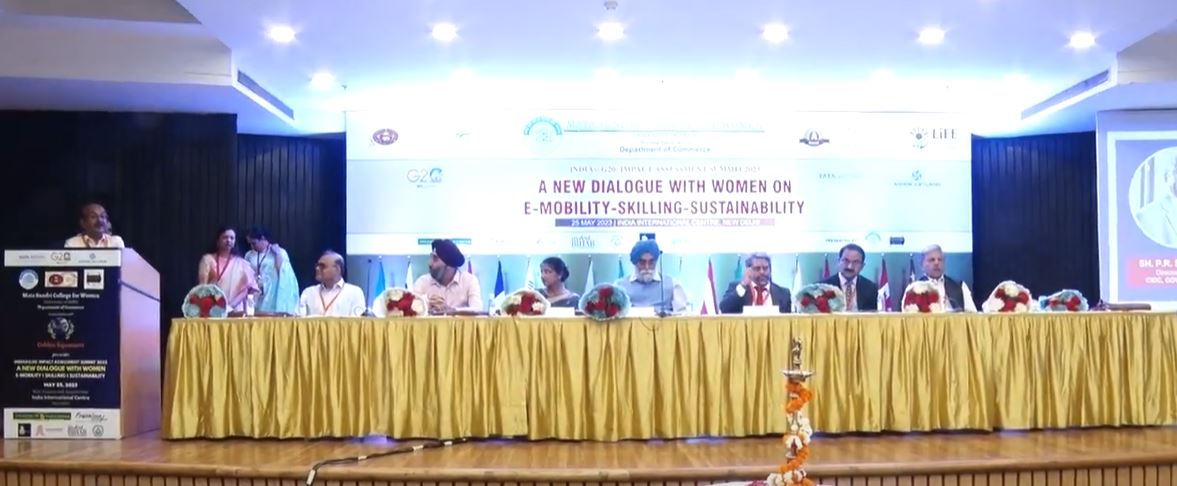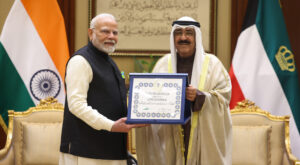
New Delhi: While there is a need to promote skill development among women in non-traditional areas like E-Mobility, already women in India are now emerging as the preferred choice in the burgeoning electric vehicle (EV) industry with legacy companies as well as start-ups seeking better gender balance at workplaces.
A case in point is Tata Motors’ three lines of Assembling, where over 1500 women are making electric cars. “Whatever Safari and Hariers you see on India Roads are made by women,’’ Tata Motors’ Global Head Government and Public Affairs), Sushant Naik, pointed out at a recent conference on ‘India @ G20: Impact Assessment Summit 2023 – A New Dialogue with Women on E-Mobility, Skilling & Entrepreneurship’, organised jointly by Mata Sundri College of the University of Delhi and city-based Golden Signatures.
“It is just one example of how women are breaking the glass ceiling in the auto sector. And I am sure it will continue in the future also,’’ he said, asserting that India was witnessing a major transformation in electric mobility to achieve the national goal of decarbonisation and energy Security. “This transformation will bring huge opportunities in terms of jobs and entrepreneurship, especially for women,’’ he said.
PR Swarup, Director General, Construction Industry Development Council (CIDC), Government of India, lauded the role of Tata Motors for giving due opportunities to women, However, significantly, another transport major, Ashok Leyland, too recently launched a new ‘All Women production Line’ with 100% women employees at the Hosur plant. It has set up this line with 80 women employees at their Hosur plant to promote women empowerment and attract more women to the manufacturing industry,” Yash Pal Sacchar, Vice President, Corporate Affairs, Ashok Leyland, informed the Conference.
It may be noted that across the globe, momentum is building to increase the adoption of electric vehicles (EVs), and India is no exception.
As it is, G20 economies are responsible for about 75 to 80 per cent of global greenhouse gas emissions. That’s why environment protection through E-Mobility can yield multiple environmental and economic gains and drive India’s clean energy transition.
Significantly in recent times, the E-Mobility sector has offered enormous opportunities for women in India.Pointing this out, Sudhendu J. Sinha, Adviser, NITI Aayog, told the audience in his keynote address that thousands of women in India are making great contributions every day in electric mobility which is a significant improvement in women’s empowerment. “E-Mobility is making women more empowered as it is associated with skilling, entrepreneurship and greater job opportunities,’’ he said, adding that it is also increasing women’s decision-making ability, mobility, financial autonomy, reproductive freedom and social participation. “It has already been reported in the media that for every 10 new hires in the EV sector, six tend to be women skilled in business modelling, design redevelopment, e-mobility and renewable energy management,” he noted.
Incidentally, women’s economic empowerment remains at the heart of India’s G20 agenda. Anup K Mudgal, former High Commissioner of India to Mauritius and a member of the FICCI Task Force on Blue Economy pointed out that the G20 under India’s presidency has taken steps to take forward India’s women-led development agenda through the G20 Alliance for the Empowerment and Progression of Women’s Economic Representation (EMPOWER) which is an alliance of G20 business leaders and governments to accelerate women’s leadership and empowerment in the private sector.
Prof. Charan Singh, a former chairperson of Punjab & Sindh Bank, stressed that “Women are more transparent and honest in compliance of Taxation”.
However, the political empowerment of women in India still remains a far cry. While in India as of 2022, women held around 14.94% of seats in the Lok Sabha and around 14.05% of seats in the Rajya Sabha, it is time for the country to learn from the African nation Rwanda’s successful implementation of gender quotas and policies that promote women’s participation in politics and decision-making roles.
Rwanda, which has made significant strides in women’s political representation, has the highest percentage of women in parliament globally. Its High Commissioner in India, Mukangira Jacqueline, pointed out at the Conference that in sharp contrast to India, her country, women today hold 61.3% of seats in the Lower House (Chamber of Deputies) and 38.5% of seats in the Upper House (Senate).
The abundance of women opportunities can be unlocked through education and skills in India, Dr. Vibha Dhawan, Director General of TERI, said, while addressing the gathering.

Several speakers opined that “global development is not possible without women’s participation’’. Some of the prominent experts in the first panel included DV Shastry, Executive Director, Natural Gas Society and former Executive Director, GAIL, a Maharatna Company; Dr Indradip Mitra, Manager, Indo-German Development Project, GIZ, India, New Delhi; R.K. Shrivastava, Advisor, Electric EVA and Danish Consortium for Academic Craftsmanship, New Delhi and Amit Das, CEO-Electric One, Gurugram, Haryana.
The summit witnessed the presence of more than 35 eminent panel speakers and 50 distinguished personalities across the industry, academia, College governing body and government organizations. Prof. Harpreet Kaur, Principal of Mata Sundri College for Women, welcomed the guests. Onkareshwar Pandey, a senior journalist and CEO of Golden Signatures, said the idea behind this Conference was to make people aware of the importance and necessity of e-Mobility and employment and entrepreneurship opportunities for women in this area.
– global bihari bureau





